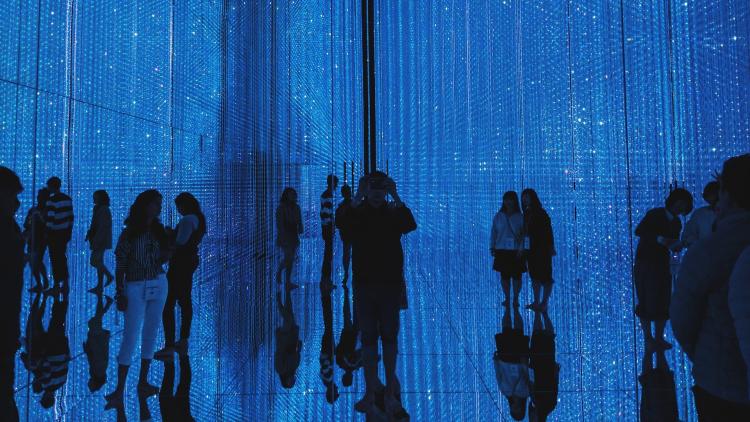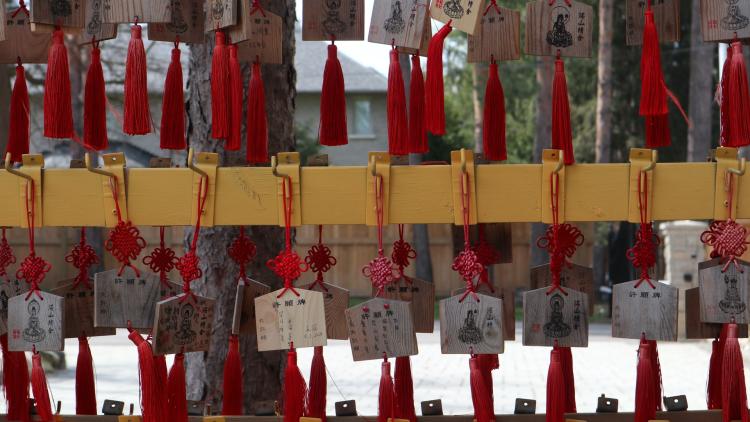Theories of Art II

Key information
- Start date
- End date
- Year of study
- Year 2
- Duration
- Term 1
- Module code
- 154900206
- FHEQ Level
- 5
- Credits
- 15
- Department
- School of Arts & Department of History of Art and Archaeology
Module overview
This second year, team-taught module will build incrementally on the first year compulsory module Theories of Art I, to give robust theoretical and methodological training in History of Art.
Co-taught by department members, the module offers students a series of key transferable skills and a range of analytical, theoretical and practical approaches to the study of art and archaeology. Students are encouraged to adopt a critical perspective in applying these methods to the study of material culture in Asia and Africa. The module will comprise four thematic blocks, the themes of which will vary each year but may include, for example: Situating the Discipline; Perspectives on Art History; Art and Perception; and Art and Interpretation. Lecture topics may include: Material Culture, Architecture and Space, Context and Value, Museology, Yoruba Aesthetics, Art History in China, Gender, Interpreting Archaeology, Semiotics, Phenomenology, Hermeneutics and Deconstruction and others. The module will prepare second year students for further research, equipping them with the skills they will need to successfully complete their degree, and encouraging them to establish and articulate their position within a range of disciplines.
Teaching will comprise a two-hour lecture-seminar per week. In addition to essay assessments, alternative assessments methods will include group projects, literature reviews and research journals.
Objectives and learning outcomes of the module
On successful completion of this module a student will be able to
- Demonstrate fluency in a range of theories and methodologies in the disciplines of History of Art and Archaeology.
- Appraise the various approaches, key issues and concerns in this field, with particular concern for their application in Asian and African contexts, and for decolonising the discipline.
- Apply methodologies and conceptual frameworks appropriate to their own research and professional interests.
- Demonstrate a range of skills necessary for successful academic and vocational pathways, including general research and transferable study skills.
- Appreciate a variety of cultural values and explore their implications for equality issues such as class, “race”, gender, sexual orientation, age and disability.
Workload
- 2 hours per week
Method of assessment
- 2-hour exam (worth 30% of marks)
- 750-word literature review/annotated bibliography (worth 20%)
- 1,500-word essay (worth 40%)
- Lecture/seminar participation and attendance (worth 10%)
Suggested reading
- d'Alleva, Anne Methods and Theories of Art History Lawrence King, 2012
- Elkins, James Is Art History Global? Taylar and Francis, 2007
- Emerling, Jae (2005) Theory for Art History London: Routledge
- Renfrew, Colin and Bahn, Paul (2004, 4th edition) Archaeology: Theories, Methods and Practice London
- Tilley, Christopher et al, (eds) (2006) Handbook of Material Culture London
Disclaimer
Important notice regarding changes to programmes and modules



